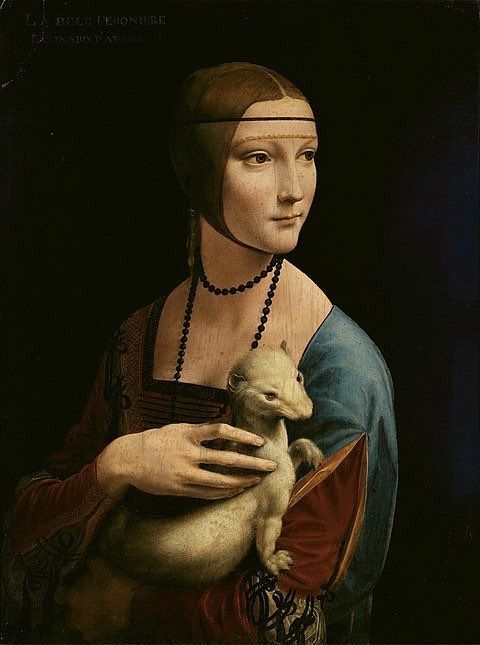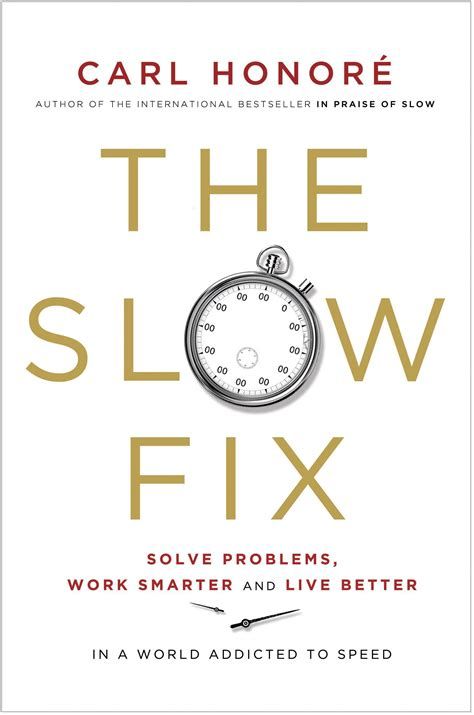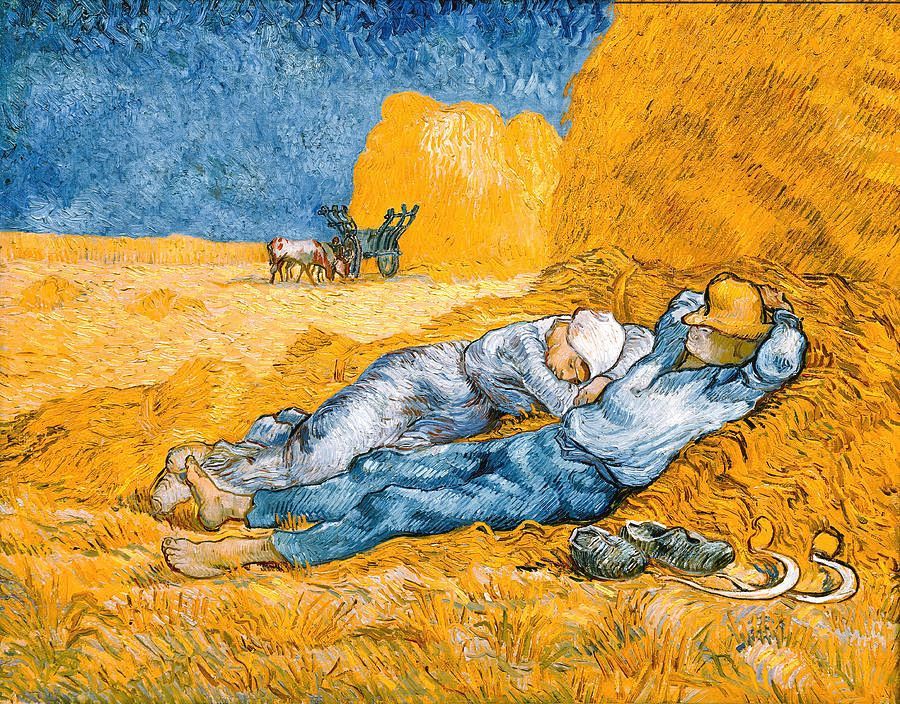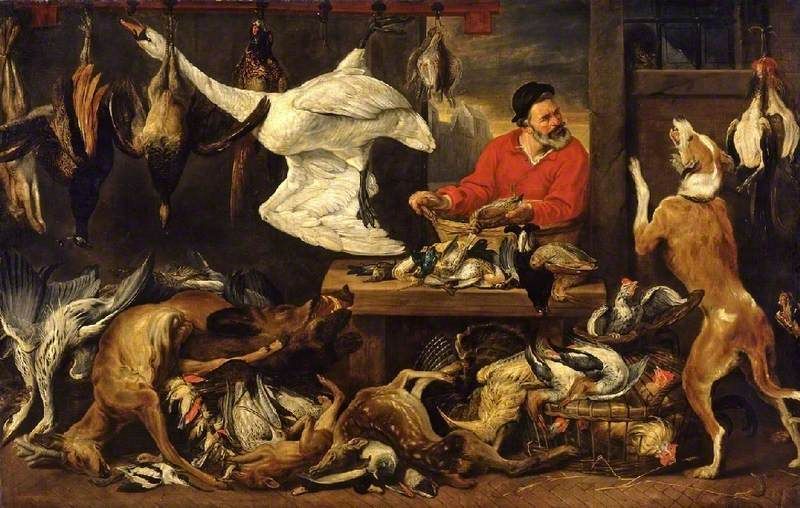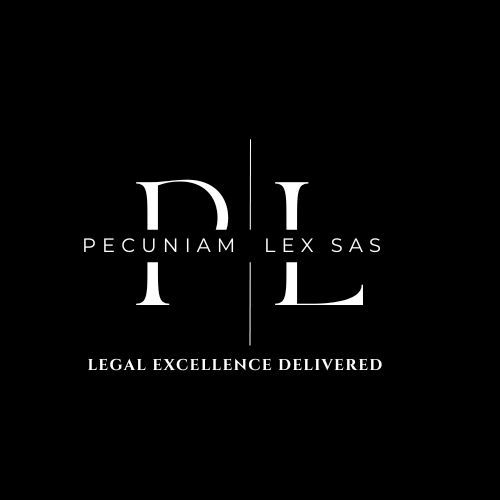Beyond Property: Recognizing Pets as Family Members in Legal Custody Disputes
Phillips J. Diaz-Vicioso LL.M.
October 6, 2023
A friend in need (1903) by Cassius Marcellus Coolidge
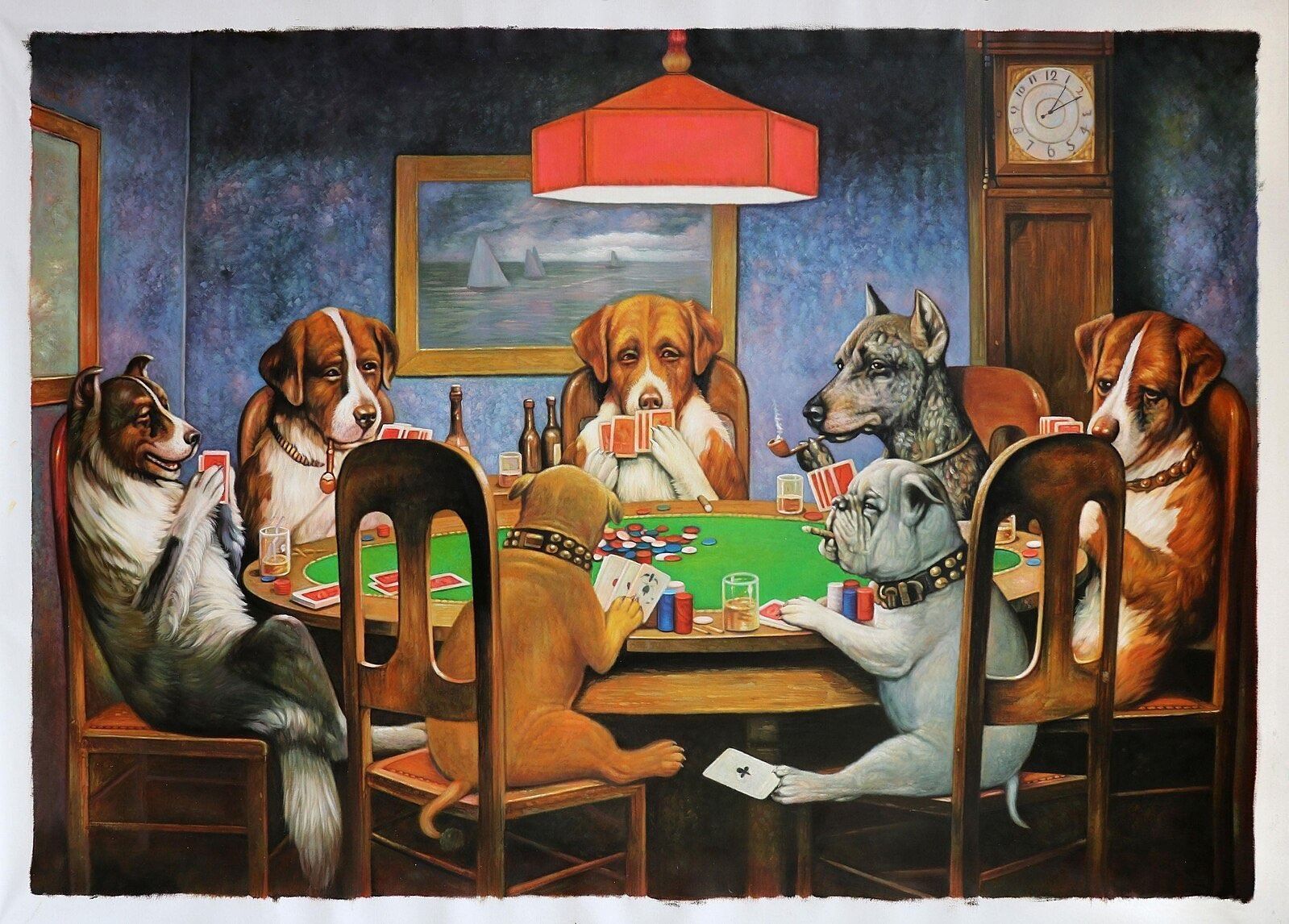
In the tapestry of family life, pets occupy a special place in the hearts of many, transcending their traditional view as mere property to become beloved family members. This shift in perception raises complex legal considerations in the wake of family separations or divorces, particularly in jurisdictions like the Dominican Republic, where the legal framework is beginning to acknowledge the evolving role of pets within the family unit.
The Legal Landscape of Pet Custody
Globally, legal systems are adapting to reflect the changing status of pets in familial disputes. In the United States, states such as Alaska, California, Illinois, Maine, New Hampshire, New York, Rhode Island, and Washington D.C., have enacted laws that consider the well-being or best interest of the pet in custody cases, marking a pivotal shift from viewing pets strictly as property to recognizing their welfare in legal proceedings (Just Great Lawyers).
This progressive legal stance is mirrored in the concept of "pup nups," agreements designed to preemptively address pet custody and care in the event of a separation, underscoring the importance of planning and mutual agreement in safeguarding the welfare of pets amidst familial changes.
Dominican Republic: A Framework for Change
In the Dominican Republic, the constitution embodies a principle that nothing is prohibited unless expressly forbidden by law, potentially paving the way for legal arguments surrounding pet custody in cases of divorce or separation. This principle suggests a legal flexibility that could accommodate custody and visitation arrangements for pets, acknowledging their unique status within the family beyond mere property.
International Precedents and Local Potential
The examples from Alaska and California, where the law explicitly considers the pet's well-being, offer valuable precedents for the Dominican Republic. These laws not only acknowledge pets' emotional significance but also set a legal precedent for their welfare to be a primary consideration in legal proceedings, offering a blueprint that could inspire similar considerations in Dominican law.
Embracing a New Paradigm
As societal values evolve, so too must our legal systems to reflect these changing norms. The recognition of pets as family members in legal custody disputes represents a significant shift towards a more compassionate and comprehensive understanding of family dynamics. For the Dominican Republic, the potential to recognize pet custody and visitation rights within its legal framework underscores a broader movement towards recognizing the intrinsic value of pets in our lives.
Conclusion
The legal recognition of pets as more than property in custody disputes is an emerging trend reflecting our deep emotional connections with our animal companions. In the Dominican Republic, the constitutional flexibility offers a unique opportunity to advocate for the legal acknowledgment of pet custody and visitation rights, drawing on international precedents and a growing societal acknowledgment of pets as family members. As we navigate these legal and emotional landscapes, the welfare of our beloved pets remains a paramount concern, urging a reevaluation of their status within our legal and familial structures.
This exploration into the potential for legal recognition of pet custody in the Dominican Republic, inspired by international precedents and a personal connection to the subject,
